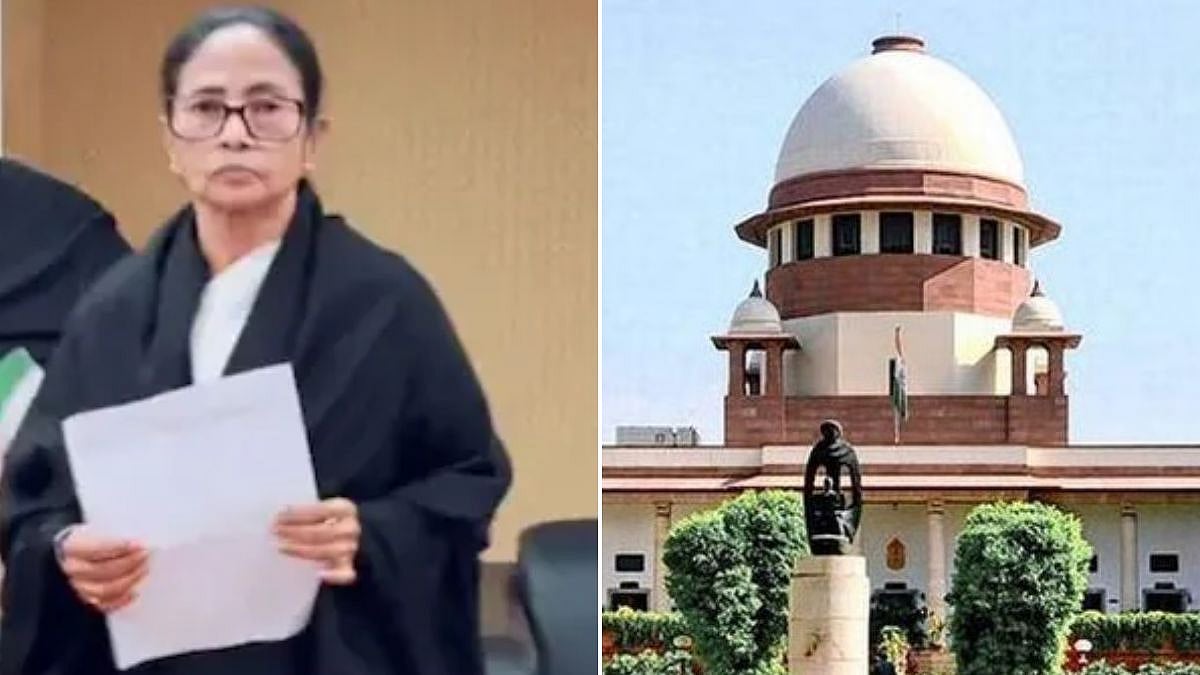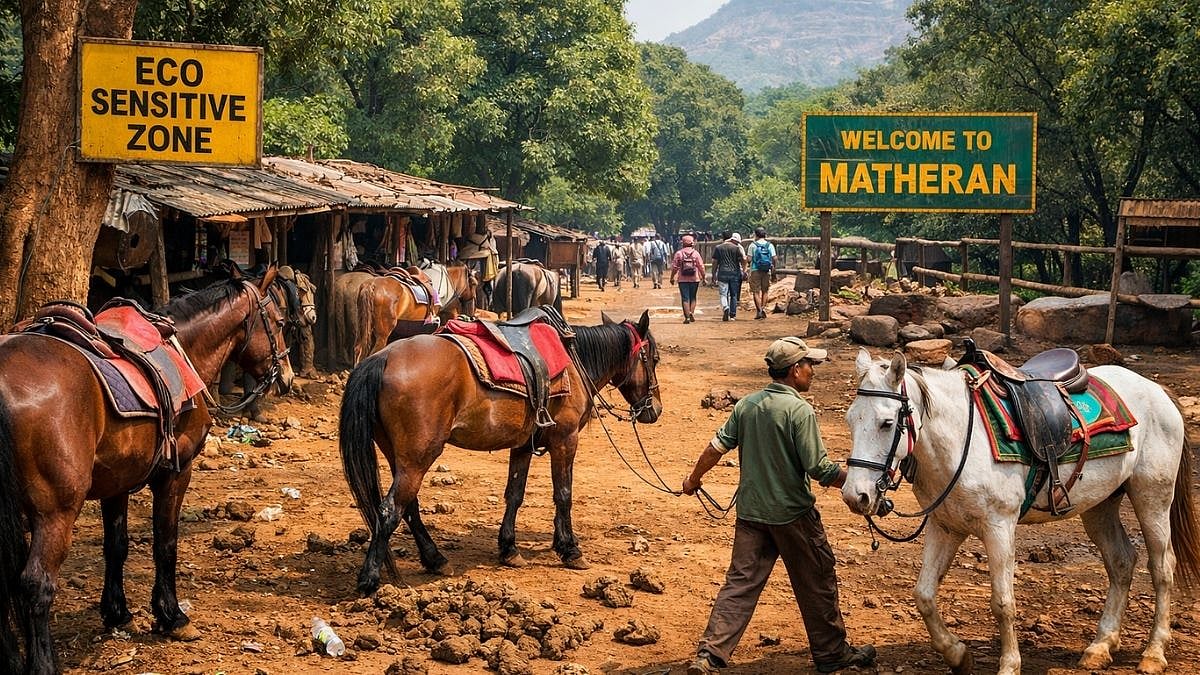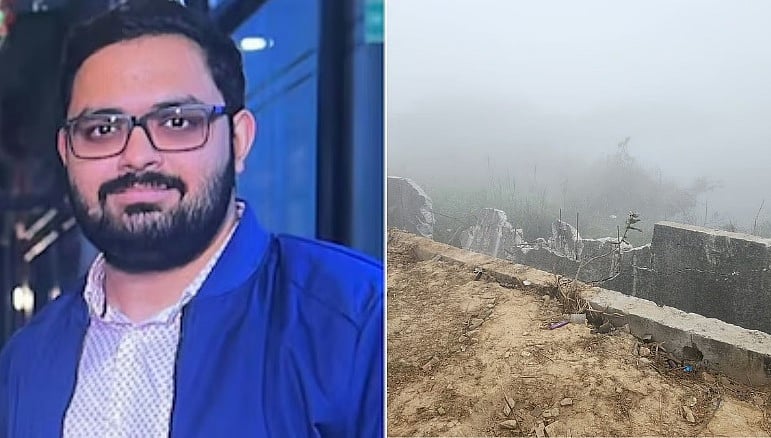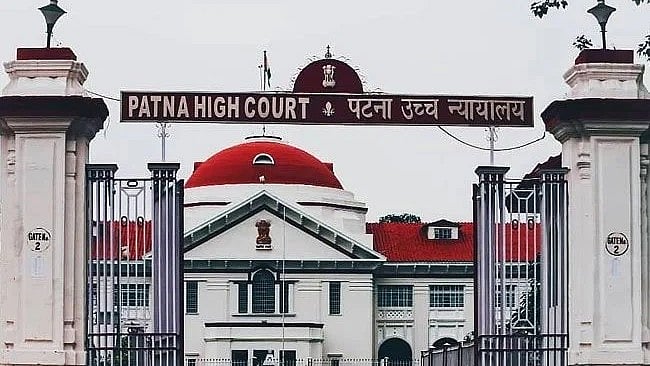A group of 27 law students from the University of the South Pacific of Vanuatu, a tiny island nation in the Pacific, created climate history on March 29, 2023, when the United Nations General Assembly adopted a resolution initiated by the students, to seek the advisory opinion of the International Court of Justice (ICJ) to clarify the rights and obligations of states under international law in relation to the adverse effects of climate change.
It is not easy to find Vanuatu on a world map but it makes climate headlines regardless due to its feisty fight for survival in the face of an unprecedented climate crisis. Vanuatu is consistently ranked among the most risk-prone countries in the world due to its limited resilience to the frequent occurrence of tropical cyclones, floods, droughts, earthquakes, tsunamis, and volcanic eruptions. The country was first to raise loss and damage in the United Nations Framework Convention on Climate Change in 1981.
Despite growing disillusionment in the political and corporate worlds, faith in the legal system remains. People have turned to the courts because governments and high emitters have simply been too slow to cut their carbon emissions.
“For more than 30 long years, most countries have considered that their only obligations on climate action are found within the UN Framework Convention on Climate Change. But, the UNFCCC is only one international legal instrument and one in which there are few legally binding or enforceable obligations. That is why we see time and time again the pledges, promises and commitments made under the Paris Agreement seem to take us dangerously closer to the limit of 1.5 degrees,” Ishmael Kalsakau, Prime Minister of Vanuatu, said about the UN decision to adopt the resolution.
Climate litigation, which once seemed such a far-fetched idea, has now captured the attention and resources of many campaigners. In a landmark 2019 case, the Dutch Supreme Court cited the European Convention on Human Rights when it ruled in favour of the Urgenda Foundation environmental group and 900 citizens while ordering the Dutch government to reduce its greenhouse emissions by at least 25% by the end of 2020.
That decision inspired similar litigations that place climate change at the very heart of the case across the world. In Norway six climate activists dragged their government to the European court of human rights (ECHR), arguing that the Nordic country’s plans to drill for oil in the Arctic are harming young people’s futures. Guyana’s government is being taken to court by Quadad de Freitas, a 21-year-old Indigenous tourist guide from the Rupununi seeking an end to offshore drilling by ExxonMobil and other large oil firms that will exacerbate the climate crisis. In South Africa, the youth-led African Climate Alliance launched a constitutional lawsuit arguing that continuing coal development breaches constitutional rights to life, dignity and equality, the right to a healthy environment and children’s rights.
As many as 475 cases have been filed globally from January 1, 2020-May 31, 2022, according to Global trends in climate change litigation: 2022 snapshot. Out of this, more than two-thirds (321) were filed in the US. Since 1986, 2,002 such litigations — current or past — have been filed in 44 countries and 15 international or regional courts and tribunals, including the courts of the European Union, the study found.
In Canada, a ruling is expected this year in the country’s first climate lawsuit where seven young people, fronted by 15-year-old Sophia Mathur, challenged the Ontario government’s rollback of its 2030 greenhouse gas emissions reduction target. In Mexico, the supreme court is due to decide whether young people who have led several important court cases challenging the slow pace of the country’s clean energy system are allowed to seek justice in at least one case.
The case to watch this year is going to be the first-ever constitutional climate trial and first-ever children’s climate trial in U.S. history that will begin on June 12, 2023, at the First Judicial District Court in Helena, Montana where 16 young people have filed a constitutional climate lawsuit against the state of Montana, asserting that, by supporting a fossil fuel-driven energy system, which is contributing to the climate crisis, Montana is violating their constitutional rights to a clean and healthful environment and degrading and depleting the atmosphere, rivers and lakes, and fish and wildlife.
“As young people, the world’s failure to stop planet-killing emissions is not a theoretical problem. It is our present and it is our future that is being sold out. The vote in the United Nations is a step in the right direction for climate justice,” says Cynthia Houniuhi, Solomon Islands-based President of Pacific Island Students Fighting Climate Change (PISFCC).
Shailendra Yashwant is an independent environmental photojournalist and climate communications consultant









